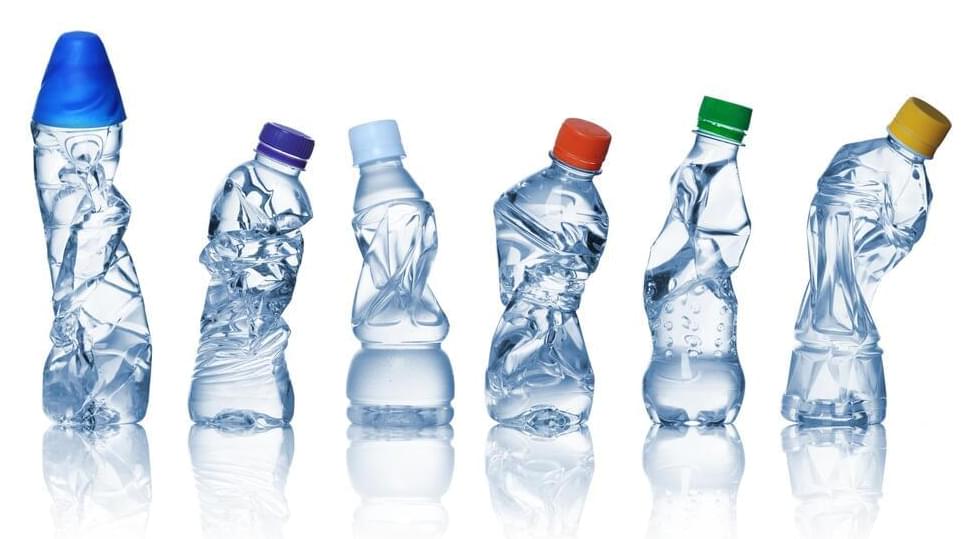The idea of deploying enzymes to break down plastic waste is gaining momentum through a string of breakthroughs demonstrating how they can do so with increasing efficiency, and even reduce the material to simple molecules. A new study marks yet another step forward, with scientists leveraging machine learning to engineer an enzyme that degrades some forms of plastic in just 24 hours, with a stability that makes it well-suited to large-scale adoption.
Scientists have been exploring the potential of enzymes to aid in plastics recycling for more than a decade, but the last six years or so has seen some significant advances. In 2016, researchers in Japan unearthed a bacterium that used enzymes to break down PET plastics in a matter of weeks. An engineered version of these enzymes, dubbed PETase, improved the performance further, and in 2020 we saw scientists develop an even more powerful version that digested PET plastics at six times the speed.
A team at the University of Texas set out to address some of the shortcomings of these enzymes so far. According to the scientists, the application of the technology has been held back by an inability to function well at low temperatures and different pH ranges, lack of effectiveness directly tackling untreated plastic waste, and slow reaction rates.
